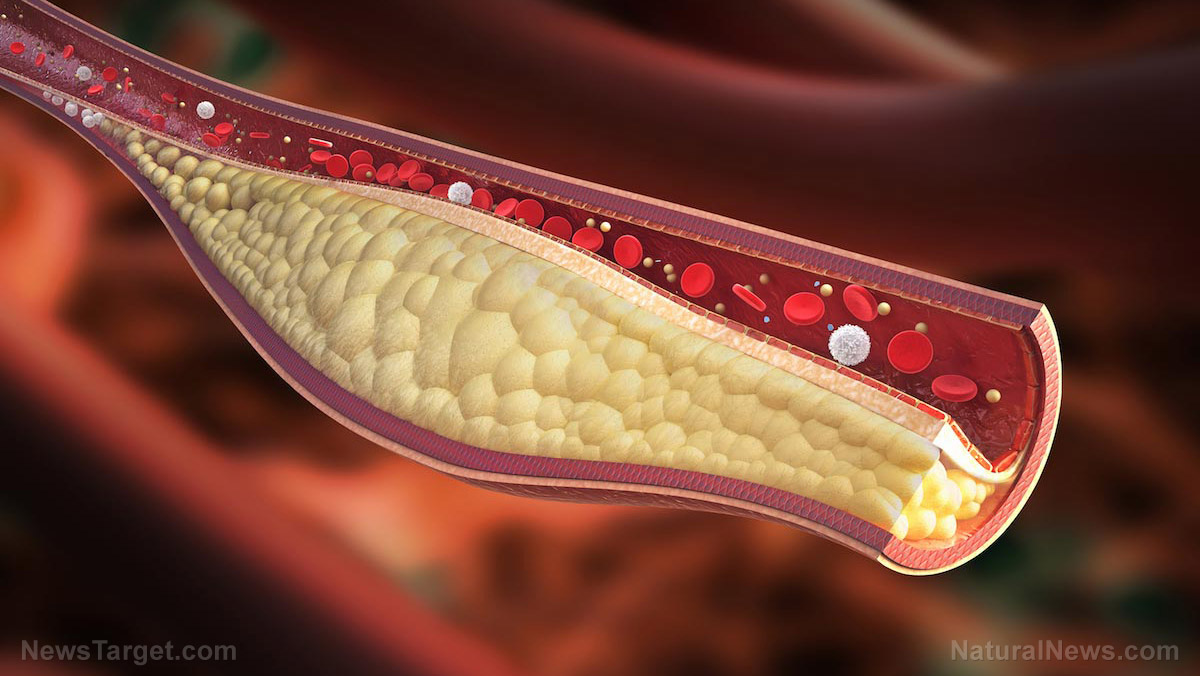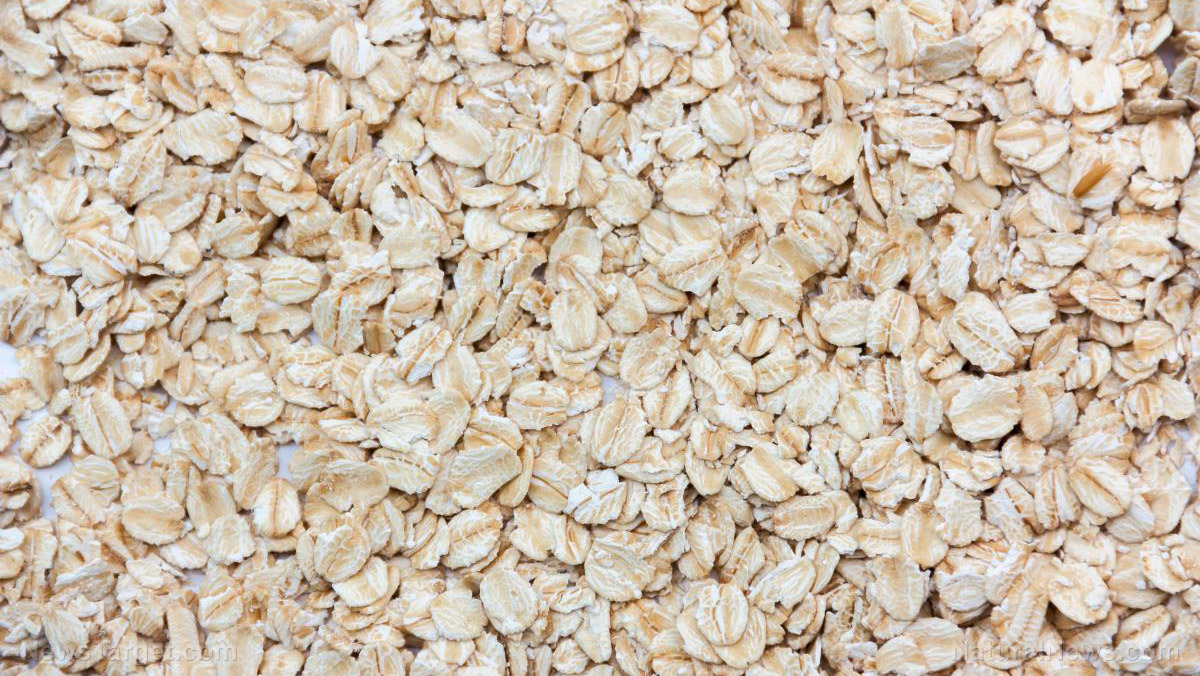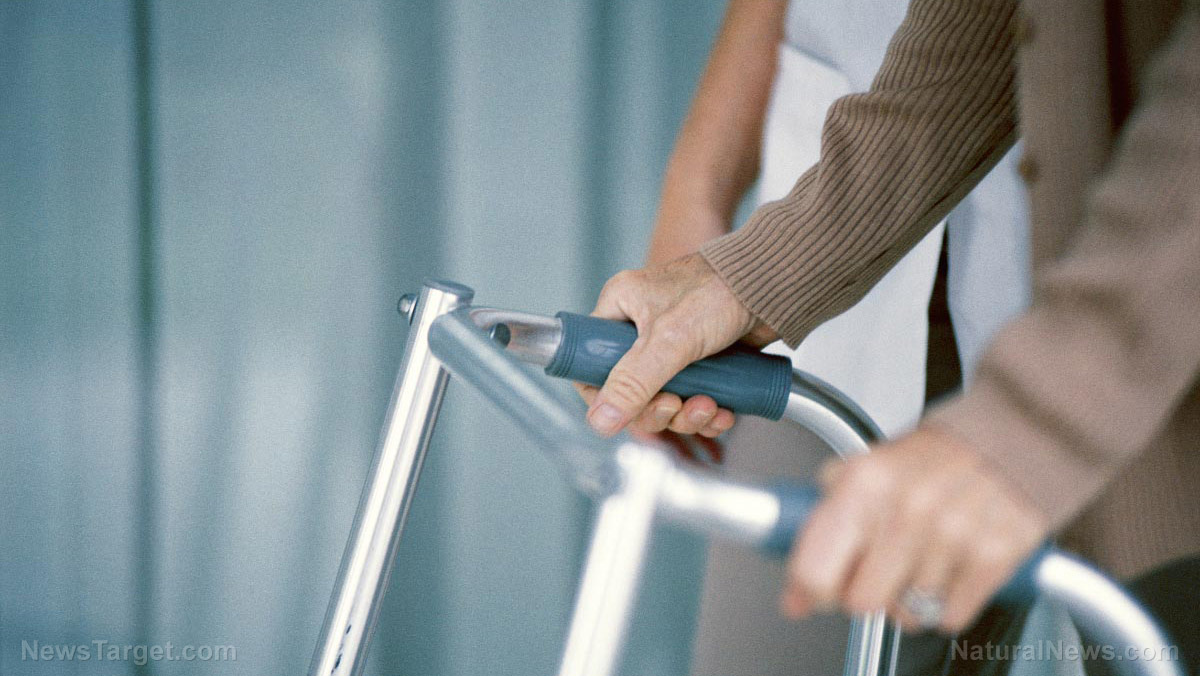Excessive nighttime urination linked to increased risk for heart disease
07/03/2019 / By Evangelyn Rodriguez

Researchers from Kyoto University in Japan investigated possible associations of sleep characteristics – such as sleep fragmentation, disordered breathing, and nocturia – with sleep blood pressure (BP). The results of their study were published in The Journal of Hypertension.
- Abnormalities in circadian BP variation, particularly an increase in nocturnal BP, are risk factors for cardiovascular disease. These factors are not yet fully understood.
- The researchers used simultaneous multi-day measurements to examine the link between sleep BP and sleep characteristics.
- For their cross-sectional study, they evaluated 5,959 community participants with home-measured data on nocturnal BP change (sleep BP ? waking BP), sleep characteristics, and sleep-disordered breathing.
- The researchers assessed sleep characteristics including the fragmentation index using wrist-wearable actigraphy and disordered breathing during sleep using the 3 percent oxygen desaturation index obtained using a finger-type monitor. They asked the participants to record the number of nocturnal urinations in a sleep diary.
- The researchers reported that the mean nocturnal sleep BP change was ?8.5 ± 7.9 percent.
- A 3 percent oxygen desaturation index was associated with BP change independent of the basic covariates, although the association became insignificant after adjusting the fragmentation index.
- The association of the fragmentation index was also insignificant after adjusting measurement season (middle season and summer season).
- In contrast, the frequency of urination showed strong and independent association, with smaller nocturnal BP drops in participants with frequent urination.
Based on their findings, the researchers concluded that subjective sleep estimates and frequent nocturnal urination may represent a potential risk for circadian BP abnormalities.
Journal Reference:
Matsumoto T, Tabara Y, Murase K, Setoh K, Kawaguchi T, Nagashima S, Kosugi S, Nakayama T, Wakamura T, Hirai T, Matsuda F, Chin K. NOCTURIA AND INCREASE IN NOCTURNAL BLOOD PRESSURE. Journal of Hypertension. November 2018;36(11):2185–2192. DOI: 10.1097/hjh.0000000000001802
Tagged Under: blood pressure abnormalities, cardiovascular disease, circadian blood pressure, heart health, nocturia, nocturnal urination, research, sleep blood pressure, sleep characteristics, sleep fragmentation, sleep-disordered breathing
RECENT NEWS & ARTICLES
COPYRIGHT © 2017 HEART NEWS



















